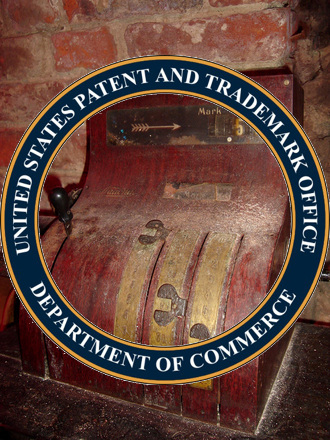

Software patents in India are a subject we've tracked for nearly a decade. Time after time we saw foreign companies such as IBM and Microsoft trying to shame India into making software patents legal.
"Time after time we saw foreign companies such as IBM and Microsoft trying to shame India into making software patents legal."On the same day we found an article by Glyn Moody, titled "After Some Dangerous Wavering, Indian Patent Office Gives Definitive 'No' To Software Patents". Dr. Moody notes: "As Techdirt has reported over the years, views on whether software should be patentable, and if so, to what extent, have ebbed and flowed. In the US, the Supreme Court's decision in Alice v. CLS Bank seems to have established that most software isn't patentable. In the EU, the fate of software patents is less clear. According to the European Patent Convention, patents are not available for computer programs "as such" -- but that metaphysical "as such" rider has allowed thousands of software patents to be issued anyway. Muddying the waters further is the Unified Patent Court, which may or may not come into existence soon, with almost unchecked powers to reshape the patent landscape in Europe."
An Indian innovator, Vivek Wadhwa, whom we mentioned here before because of his views on software patents [1, 2, 3, 4, 5, 6], wrote the following piece for the Washington Post (it's about the USPTO), later to be reposted in Indian media (yesterday) and say:
Lemley and Feldman found that that patent litigation and licensing demands for existing patents only happen after the defendant has developed and implemented the technology, particularly when patent trolls are involved. And they cite several studies which show that patent trolls now account for the majority of patent lawsuits that are filed.
This means that other than through university technology transfer, hardly any innovation is being created by technology patents. Therefore, it may be best to abolish them, particularly software patents - which have long been clogging up the patent office.
Universities are very defensive about patents; they argue that they need these to protect their ideas and inventions. This may be true, but it leads to yet another question: should universities be profiting from license revenue obtained from research that was publicly funded? Regardless of the answer, for the larger cause of innovation, it is clear that patents are not fulfilling the purpose for which they were intended. The often-cited defense of patents, that patent rights encourage inventions that would not otherwise occur, is no longer grounded in reality.